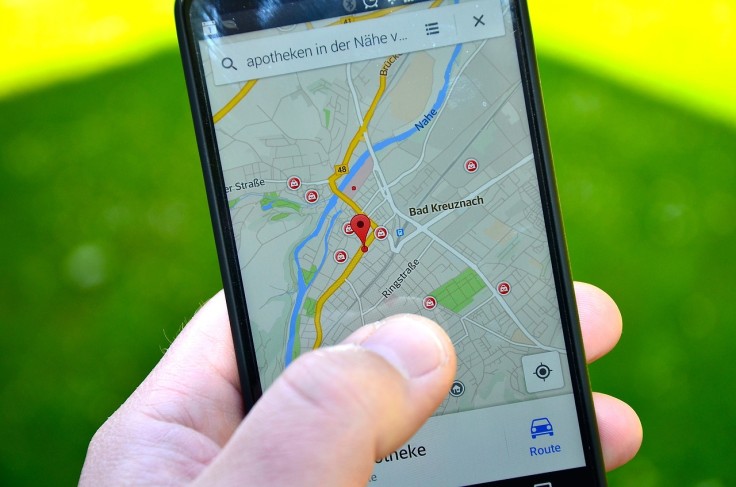
Geolocation often gets a bad rap, usually for privacy concerns. People worry about being tracked, profiled, and targeted, which is understandable in an era where digital footprints are easily traceable.
However, it's essential to recognize that geolocation isn't inherently negative. In fact, when used responsibly, it can significantly improve your online experience, making your interactions more relevant and personalized.
But what exactly is my IP geolocation? Geolocation, which pinpoints your location based on your device's IP address, has become a key component of the modern internet. It's the technology behind tailored ads, localized search results, and the convenience of getting relevant information based on where you are.
But, like many powerful tools, geolocation has its pros and cons. The key is to understand how it works, how it's used, and how you can benefit from it while maintaining control over your privacy.
Why Geolocation Isn't Always a Bad Thing
The negative perception of geolocation often stems from the fear of being constantly monitored. However, it's important to note that geolocation services operate under strict privacy guidelines, especially in regions with stringent data protection laws like the European Union's GDPR. These regulations require transparency about how location data is collected and used, giving users more control over their information.
The data used by geolocation services is typically anonymized, meaning that while your location might be known, your identity remains protected. This balance between utility and privacy makes geolocation a valuable tool rather than a threat.
The Benefits of IP Geolocation
One of the most significant advantages of geolocation is its ability to tailor content to your location. For example, news websites can prioritize local stories, weather apps can provide accurate forecasts, and streaming services like Netflix can recommend shows that are popular in your area. This localized content delivery makes your online experience more relevant and engaging, ensuring you receive information that matters most to you.
Geolocation also plays a vital role in optimizing search results. When you search for something on Google, the results you get are often influenced by your location. This means you're more likely to find nearby businesses, services, and events that are immediately accessible. For example, if you search for "coffee shops," you won't get results from across the country—you'll see options within a few miles of your current location. This functionality saves time and makes the search process more efficient, offering results that are not just relevant but actionable.
Many digital services rely on geolocation to function effectively. Ride-sharing apps like Uber and Lyft, food delivery services, and even dating apps use your location to connect you with nearby drivers, restaurants, or potential matches. These services wouldn't be nearly as useful without the ability to determine your location and match you with others in your area.
Geolocation can also play a crucial role in securing your online accounts. Services like banking apps and email providers often use geolocation data to detect suspicious activity. If someone tries to log into your account from a location far from where you usually access it, the service can flag the activity, prompt additional verification steps, or even block the login attempt. This adds an extra layer of protection against fraud and unauthorized access.
Optimizing Your Online Experience with Geolocation
To make the most of geolocation, it's essential to find the right balance between taking advantage of its benefits and maintaining control over your privacy. One way to do this is by customizing your privacy settings. Most devices and services allow you to control how your location data is used, so it's worth taking the time to review and adjust these settings to ensure you're comfortable with how your information is being shared.
Additionally, it's important to use trusted services. Stick to reputable websites and apps that are transparent about how they utilize geolocation data, and be cautious of less reliable sites that might misuse your information. Not every app or website needs access to your location, so be selective about which services you allow to access this data and disable location sharing for those that don't require it.
Finally, make it a habit to review the location permissions on your devices regularly. This ensures that only necessary services have access to your location data, helping you maintain better control over your privacy while still enjoying the benefits of geolocation.
By understanding and managing your IP location effectively, you can enhance your online experience without sacrificing your privacy. Geolocation, when used thoughtfully, offers a range of benefits that can make your digital life more convenient, relevant, and secure.










